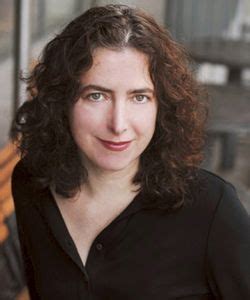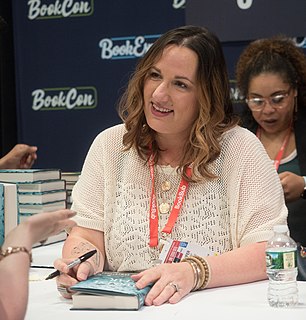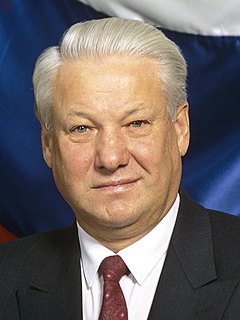A Quote by Teju Cole
tried to focus on a particular aspect of this historical moment: the failure of mourning. This is something I haven't seen a great deal of in the writing around this disaster. And my view is that you write about disaster by writing around it, by writing allusively.
Related Quotes
If I'm writing a novel, I'll probably get up in the morning, do email, perhaps blog, deal with emergencies, and then be off novel-writing around 1.00pm and stop around 6.00pm. And I'll be writing in longhand, a safe distance from my computer. If I'm not writing a novel, there is no schedule, and scripts and introductions and whatnot can find themselves being written at any time and on anything.
The daily writing practice is something I used to hear batted around a lot in writing workshops - which is probably why I dropped out of all the writing workshops. I wish I could take credit for innovating a new approach to writing, but the truth is that I've managed to write books despite myself. I'm lazy and ungovernable and undisciplined, but I do have a lot of anxiety about never amounting to anything and ending up as a bag lady.
Write all the time. I believe in writing every day, at least a thousand words a day. We have a strange idea about writing: that it can be done, and done well, without a great deal of effort. Dancers practice every day, musicians practice every day, even when they are at the peak of their careers – especially then. Somehow, we don’t take writing as seriously. But writing – writing wonderfully – takes just as much dedication.
The secret to writing is just to write. Write every day. Never stop writing. Write on every surface you see; write on people on the street. When the cops come to arrest you, write on the cops. Write on the police car. Write on the judge. I'm in jail forever now, and the prison cell walls are completely covered with my writing, and I keep writing on the writing I wrote. That's my method.
Writing for adults and writing for young people is really not that different. As a reporter, I have always tried to write as clearly and simply as possible. I like clean, unadorned writing. So writing for a younger audience was largely an exercise in making my prose even more clear and direct, and in avoiding complicated digressions.



































